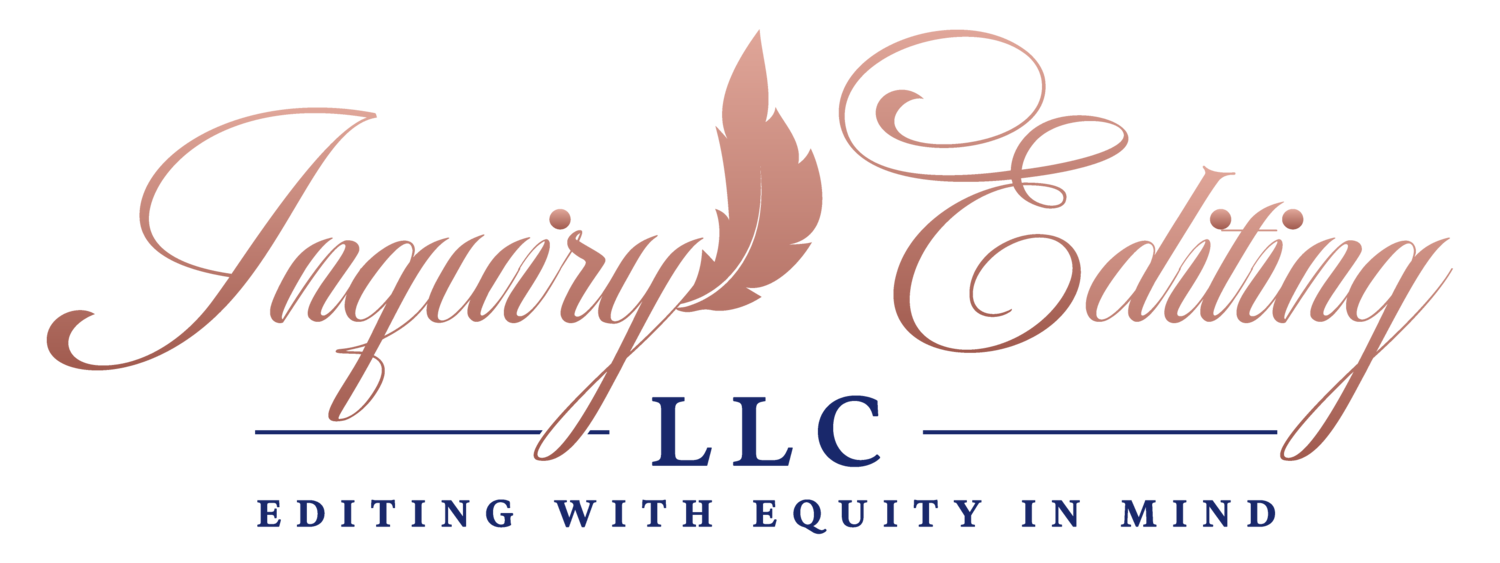Mental Exercise: Rest
One of the biggest hurdles to long writing projects is the mental game. I want to spend a few weeks talking about a few of the mental exercises that help me get through longer projects.
I’m sure that everyone who knows me knows “rest” was on the list of mental exercises. I have a long-standing commitment to my sleep, and my time off. I firmly believe that consistency is better than motivation. Further, I think that time off actually improves a project.
I came to these conclusions rather early in my career because of my own chronic illness. But, I realize that other people have not been pressured by their own bodies or minds to believe in rest. I get it.
I’ll share something I saw on Facebook/Meta recently. A friend of a friend wrote something like I’m not one of those people who can predict how I’ll feel at 7 am each day. It reminded me that I am not one of those people either. Each day presents itself as a new kind of puzzle I must solve: how much energy to do this thing? Will I run out of energy by the end of that meeting? How much rest before I can do the personal stuff I’ve planned? Some of you do not have to do this mental calculation. Some of you overload this mental calculation by “powering through.” I’m not here to judge, just to (helpfully, I hope) make you aware of your own habits of mind. You get to decide whether you wish to shift those habits.
Here's an argument in favor of rest for a project.
One week, bright and early on a Monday, I sat down to convert an article into a presentation. This article had a lot of lives and a lot of people’s criticism attached. Some of the criticism was ad hominem, some of it useful, but I couldn’t divorce the useful bits from the mean-spirited ones. I pulled up the article and got to work. Unfortunately, I pulled up a version of the article that had very rude, nearly bullying comments on it. I re-read looking for something useful under all that rubbish and couldn’t find anything. I took the rest of the day off from it and turned to some more reading. The next day, I talked with some people and let that suffice for my writing time. The day after, I did nothing on it, just working on something else. That Thursday, I took a blank document and spent 50 minutes writing my “throat clearing” for the presentation, what will be the first five minutes or so, an anecdote, a set of questions, and the main argument. That Friday, I returned to an unmarked copy of the article and began to revise.
Certainly, I owe much to my friends’ intervention. But, I owe a lot to that rest. It was deliberate, and active. I chose rest, time away. I also took the weekend away from it so that I could dive into working on the presentation the Monday after. The first rest, after feeling dejected, allowed me to articulate the problem. The second rest gave me space to hear my friends’ interventions (and bless them for being available to take my Zoom and call). The third rest allowed me to build up the self-efficacy to keep working. The fourth (away from the document but not the project) gave me a little time to re-envision my ideas. The weekend reminded me that despite all that rest, I was working.
I know that I’ve typically talked about rest in terms of a vacation or a break from all work. That is not the only kind of rest there is. Each project requires waiting time. That waiting time isn’t just a counting down period. It can be an active space, during which you prepare yourself to keep going and honor the work you’ve already done.
